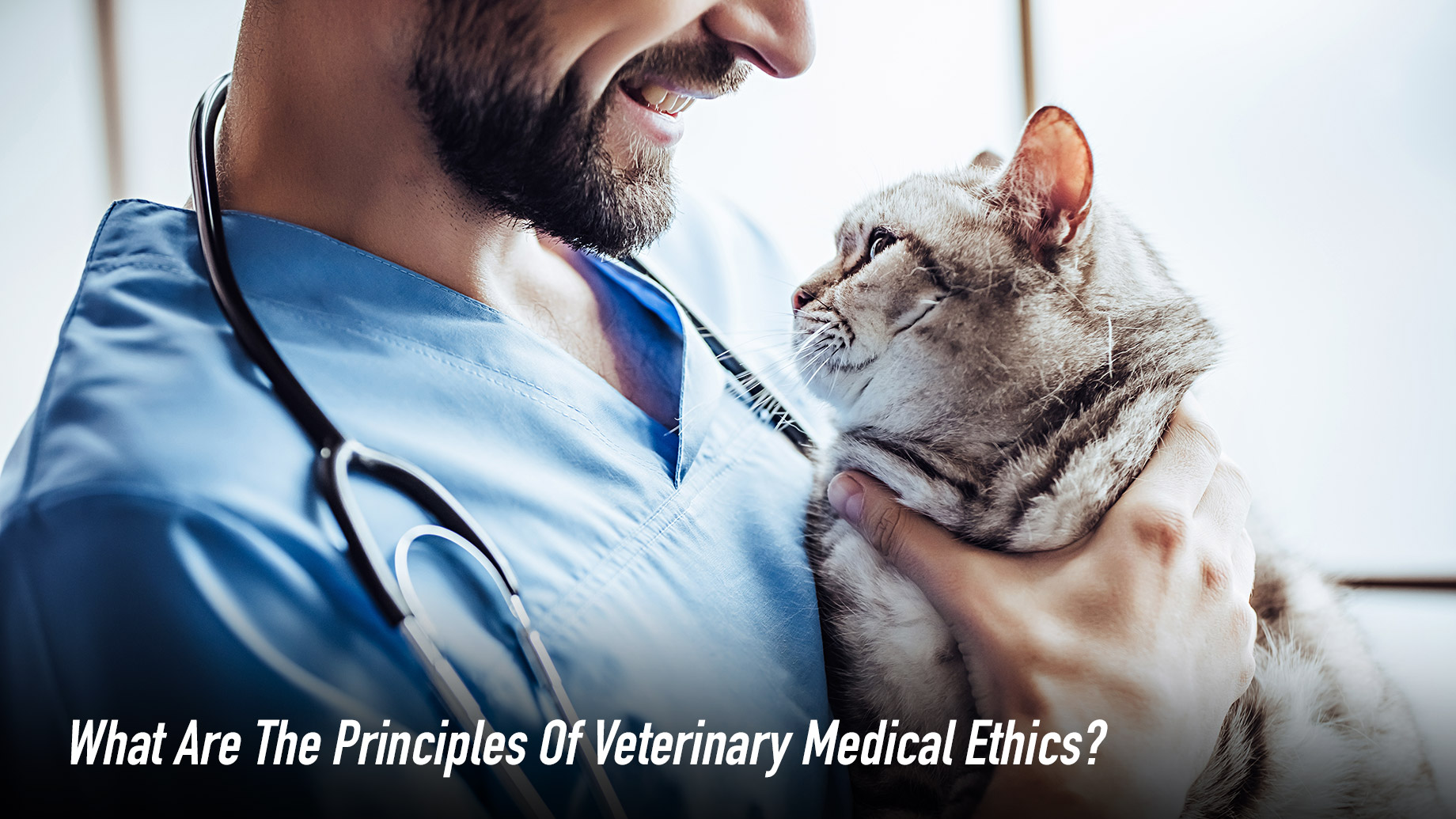Exemplary professional conduct is what upholds the dignity of most professions including the veterinary profession. All vets are expected to adhere to a code of progressive ethical conduct, also known as ‘the Principles’ or the Principles of Veterinary Medical Ethics. The basis of the veterinary principles is referred to as the golden rule wherein its expected that vets should accept this rule as the general guide of conduct in their professional journey. They are compelled to conduct their personal and professional affairs in a modest and ethical way, without hindering work or the workplace atmosphere.
Every school of veterinary medicine teaches these highly impactful and positive principles to would-be practitioners so that they can do their very best professionally.
Guidelines for Professional and Ethical Behavior
- In their communication with others, vet professionals should act and speak on the principles of fairness and honesty.
- Under every circumstance, a vet should put the welfare of the patient as the first priority to relieve their suffering and tend to any disability while causing the most minimum fright as well as pain. Benefits done for the patient should always transcend any personal advantage or financial gains in making decisions concerning therapy.
- Veterinarian practitioners are not expected to employ any professional knowledge nor render any services which fall under terms and conditions and tend to interfere with the right to exercise sound judgment that may lead to the deterioration of veterinary quality service.
- Veterinarians should seek respect for themselves as well as the profession by expressing respect to their colleagues and clients as well as the public by means of courteous verbal exchange, professional appearance, acceptable protocols or procedures, considerate treatment and utilizing the current scientific and professional knowledge at one’s disposal. Vets should be concerned with the welfare of their communities besides public health.
- Vets ought to respect the rights of their colleagues, other health professionals, as well as their clients. No professional shall injure the professional standing of another individual or belittle their worth, or unnecessarily condemn the person’s character on the basis of professional acts such that it is misleading or false.
6. Vets have the right to choose who they are willing to serve. Once they have taken the responsibility of a patient’s care, they cannot afford to neglect the patient under any circumstances. However, during an emergency, doctors are expected to render medical service to the best of their abilities.
As understandable, veterinary medicine involves collaborative work and much of it is highly sensitive and often stressful due to the moral obligations besides performing one’s best.
Join a veterinary school of medicine and fulfill your desire of becoming a successful vet and tending to the needy and sick.

